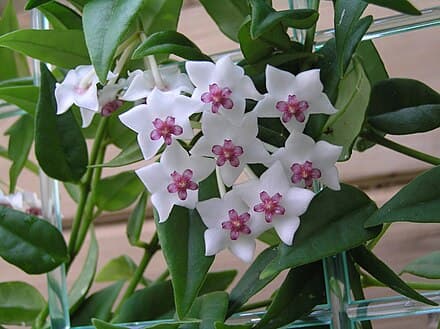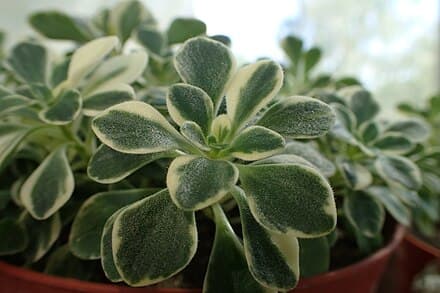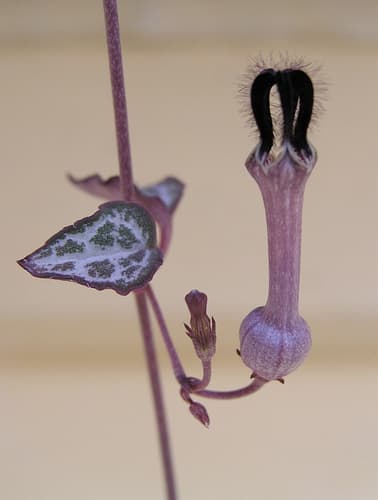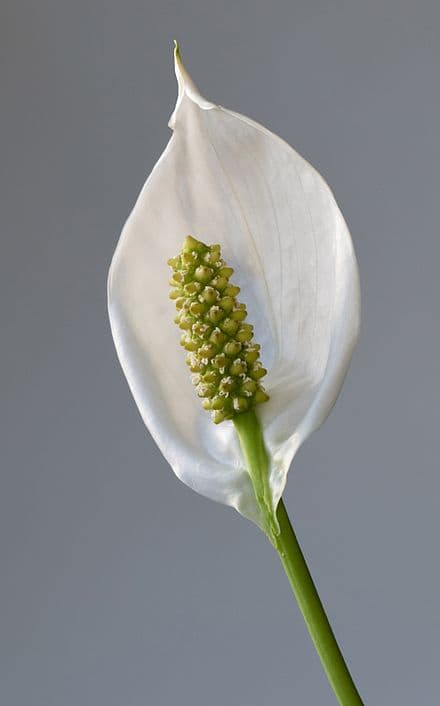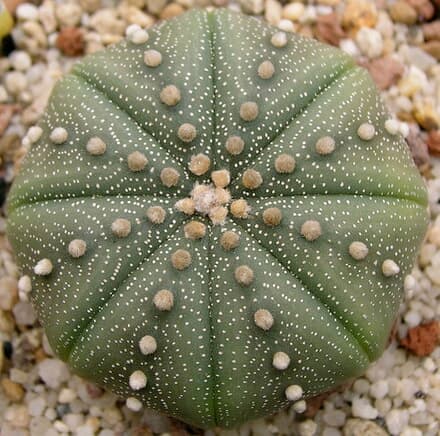Disocactus phyllanthoides image • Photo: Author Archibald Tuttle• GFDL
Nopalxochitl
Disocactus phyllanthoides
Disocactus phyllanthoides is an epiphytic cactus with flattened, lanceolate secondary stems that grow 15–30 cm long and 2.5–5 cm wide, featuring coarsely crenated margins and a woody terete base. Its showy funnel-shaped flowers measure 8–10 cm long with rose-pink outer tepals, paler pink inner tepals, and white stamens and style. The plant produces ellipsoid red fruits and thrives as a houseplant, valued for its cascading growth habit and frequent blooming capability. Distinctive traits include its epiphytic nature, diurnal scentless flowers, and historical cultivation by Indigenous Mesoamerican peoples.
Plant Care Overview
Buy this plant online:
Care Guide
Essential requirements for your Disocactus phyllanthoides
Light Requirements
Bright indirect light
Light conditions can affect leaf color and growth rate. Adjust placement as needed based on your plant's response.
Watering Schedule
Water when top inch of soil dries out; reduce frequency in winter
Humidity Needs
high humidity
Always check soil moisture before watering. Adjust frequency based on your home's conditions.
Temperature Range
10–25°C (50–77°F)
Native Climate
Native to Cloud forests of Puebla and Veracruz, Mexico
Keep away from drafts, heaters, and air conditioners which can stress your plant.
Soil Type
Well-draining soil rich in organic matter (leaf mould)
Fertilizer
Balanced houseplant fertilizer during growing season
Consider repotting every 1-2 years to refresh soil nutrients and accommodate growth.
Propagation
Methods to grow more Disocactus phyllanthoides plants
Stem cuttings
Plant Info
Characteristics and background information
Cloud forests of Puebla and Veracruz, Mexico
moderate
Up to 1 meter (3.3 feet) in length
Perennial
Indoor Blooming
This plant can produce flowers indoors when given proper care.
Bloom Season
Primarily spring, with potential blooms 3 times annually under ideal conditions
Flower Description
Funnel-shaped, rose-pink flowers with paler inner tepals and white reproductive organs. Flowers measure 8–10 cm long and open widely during the day.
Fun Fact
This plant was cultivated by Aztecs under the name Nopalxochitl and was reportedly grown in Empress Joséphine de Beauharnais' garden at Château de Malmaison. It is one of the primary species used to create popular epiphyllum hybrids.
Troubleshooting
Solutions for typical issues with your Disocactus phyllanthoides
Yellowing stems, mushy base, or wilting despite adequate watering
Cotton-like masses on stems or leaf joints
Varieties
Different varieties of Disocactus phyllanthoides
Larger clone with more uniform pink flowers
Community Tips
Advice shared by other plant enthusiasts
No tips shared yet. Be the first to share your experience!
(Coming soon)
Care Guides
Detailed guides for caring for your Disocactus phyllanthoides
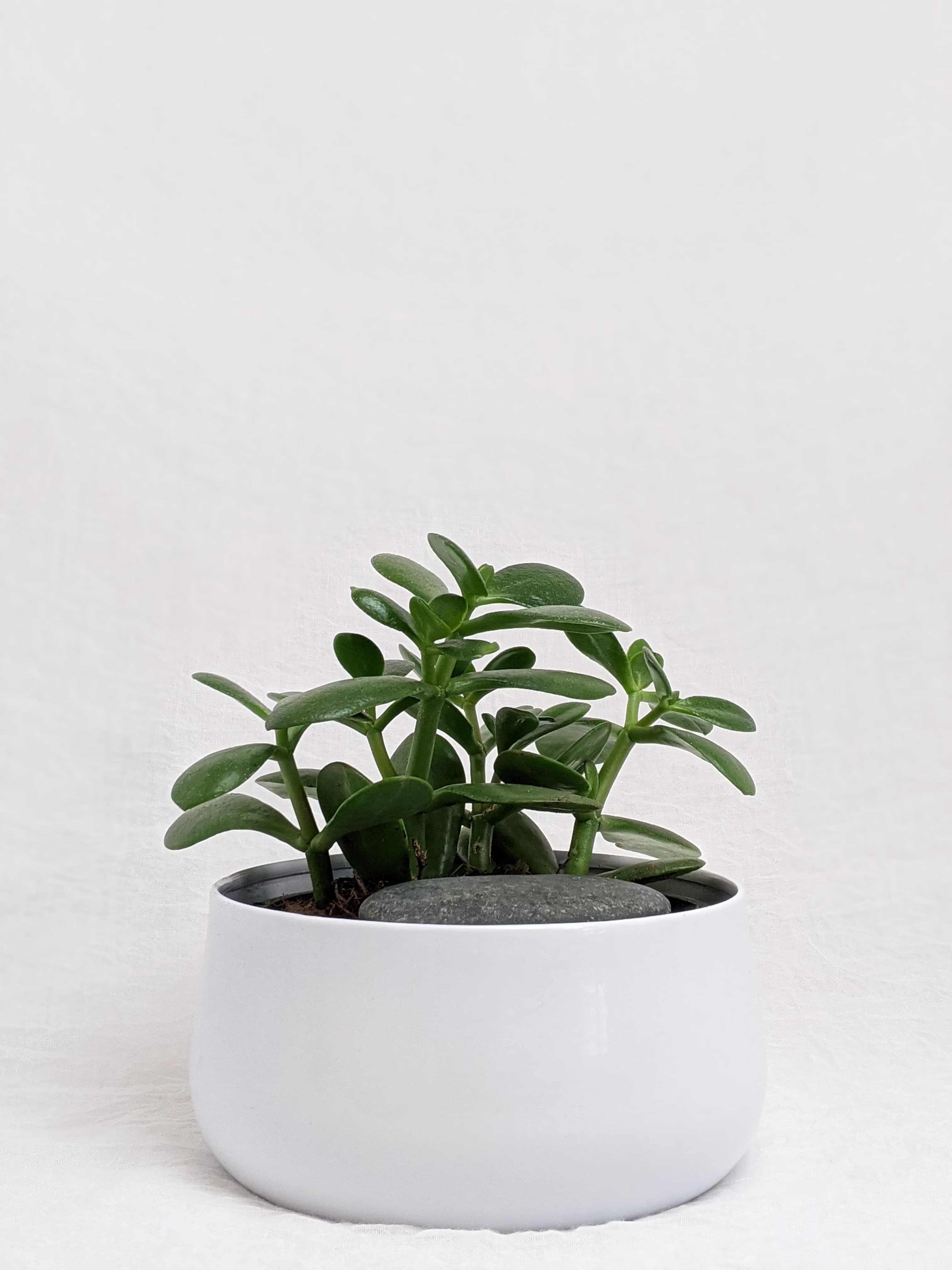
Low Maintenance Plants Care Guide
Learn how to care for low maintenance plants like your Disocactus phyllanthoides

Humidity Lovers Plants Care Guide
Learn how to care for humidity lovers plants like your Disocactus phyllanthoides
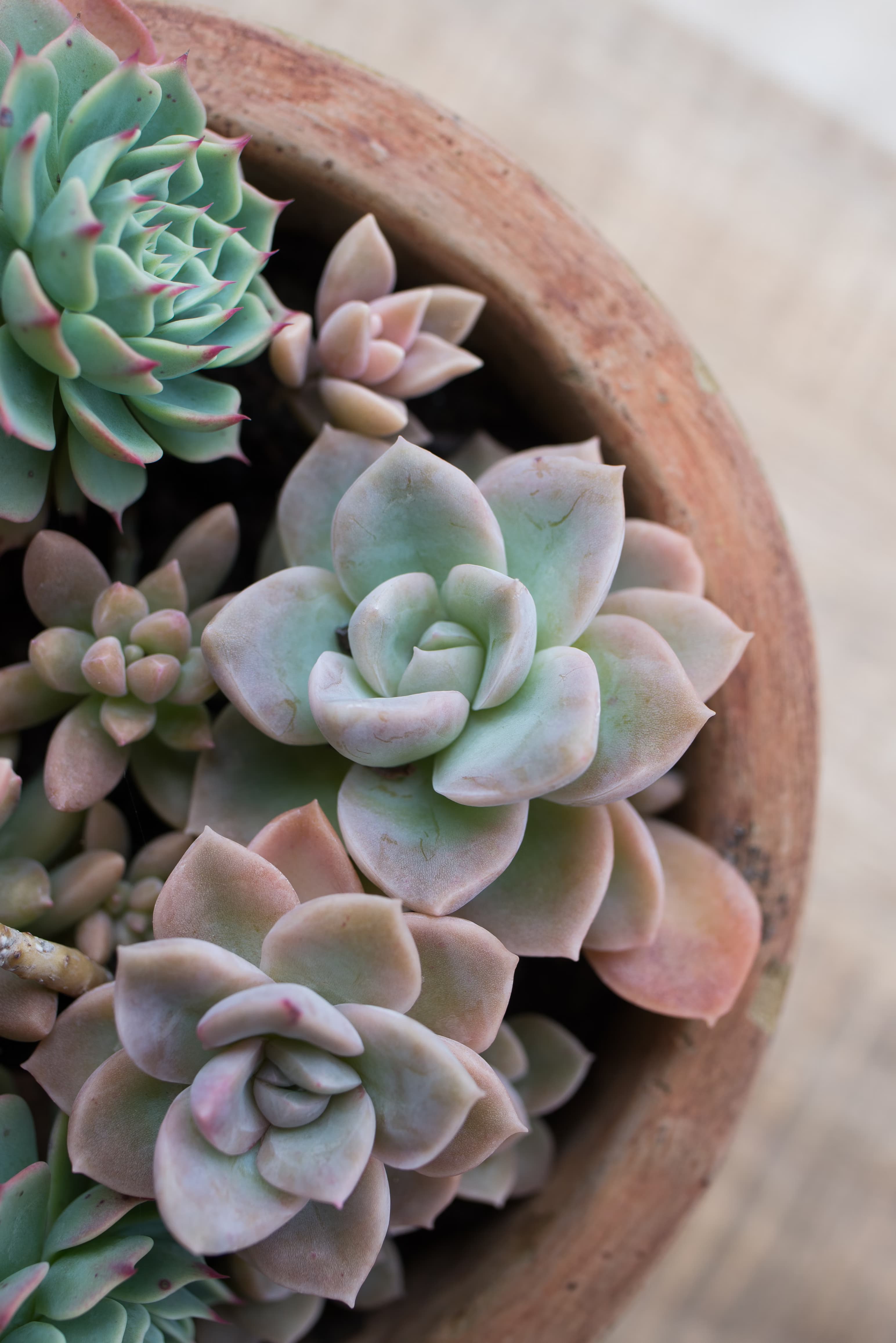
Succulents & Cacti Plants Care Guide
Learn how to care for succulents & cacti plants like your Disocactus phyllanthoides

Flowering Plants Plants Care Guide
Learn how to care for flowering plants plants like your Disocactus phyllanthoides
Related Plants
Similar plants that might interest you
Nurseries Near You
Find Where to Buy Disocactus phyllanthoides
Discover local nurseries near you that may carry this plant. We'll show you store ratings, hours, and directions.
